Despite supply chain hiccups, Apple still expects to release its first 5G iPhone models this fall

If you're wondering whether Apple will be forced to push back the unveiling of its 2020 5G iPhone models by a month or two later this year, sources familiar with Apple's plans told Bloomberg that a fall release is still in the works. But that is because production of the new handsets isn't scheduled to begin until May. It needs to be understood that Apple's supply chain has not fully recovered from issues related to the coronavirus outbreak.
Wondering how Apple was able to produce enough units of the two new iPad Pro models that it introduced yesterday and started shipping today? According to those who are familiar with Apple's supply chain, the two tablets were assembled in January before contract manufacturers like Foxconn and Wistron shut down their assembly lines for much of February along with the supply chain. While suppliers in China are beginning to churn out components, the Malaysian supply chain is closing which means that Apple could fall short of having the parts it needs to build all of the 2020 iPhone models it plans on producing.
The Chinese supply chain is recovering while in other countries the coronavirus has yet to peak
Malaysia is now on a two-week lockdown and that is impacting companies like Murata Manufacturing Co., Renesas Electronics Corp., and Ibiden Co. which provide chips and circuit boards to Apple. One American firm that is allowed to still operate in the country with an exemption to run "limited semiconductor operations" is Micron Technology Inc. The latter supplies Apple with memory chips.
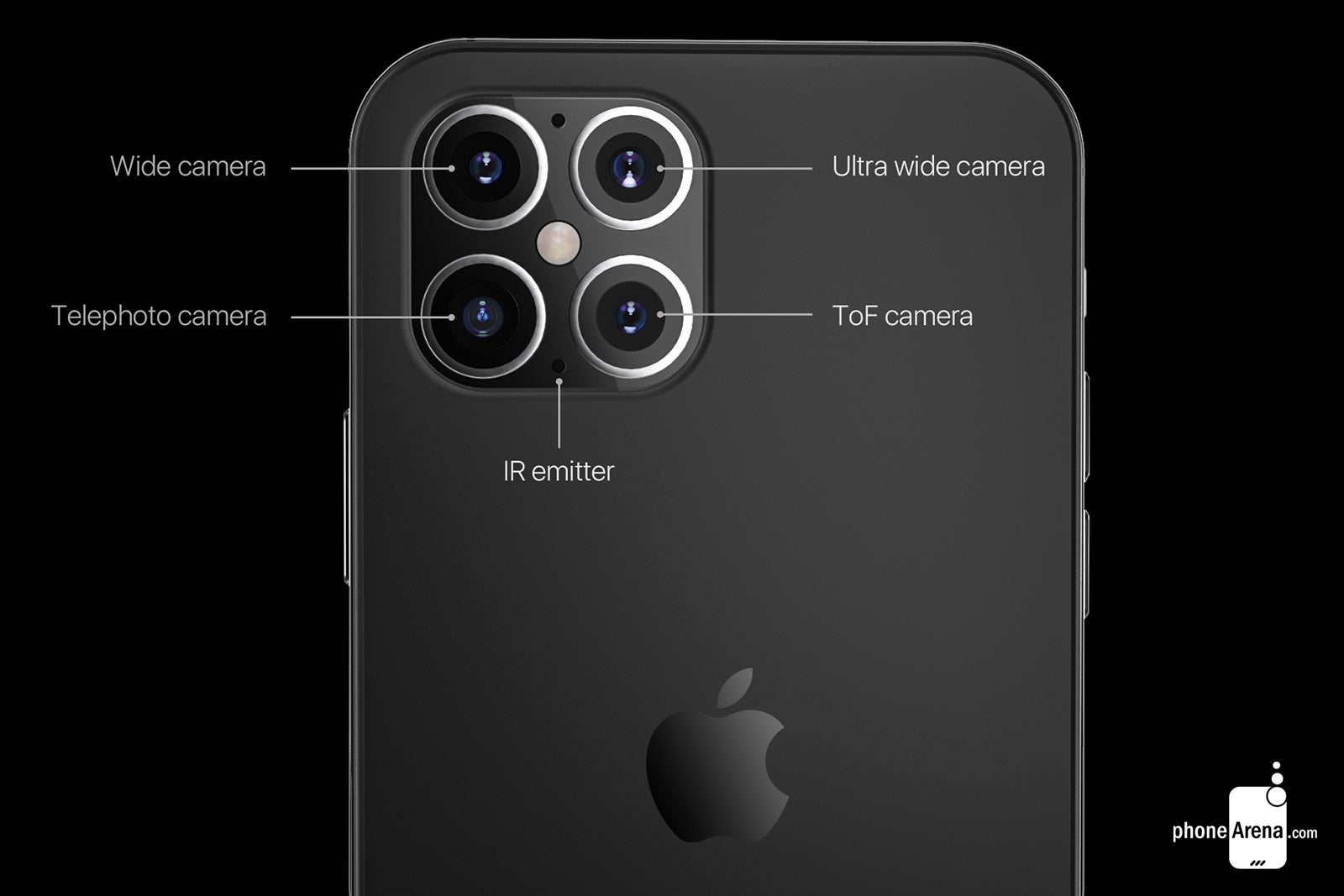
This render shows the expected quad-camera system on the iPhone 12 Pro Max
Brad Gastwirth, chief technology strategist at Wedbush Securities, told clients in a note that "Even as China comes back on line, we are beginning to wonder if Covid-19 will impact other supply oriented geographies. While China is improving, the supply chain for the electronics industry may yet see substantial disruptions." Even if contract manufacturers like Foxconn can run their assembly lines at full speed, without the supply chain providing the necessary components, it doesn't really matter how fast the lines are running.
In fact, one of the new products that Apple announced this week, actually shows how the COVID-19 outbreak is putting a strain on Apple's supply chain. Along with the new iPad Pro tablets, Apple unveiled the Magic Keyboard. This is an attachment that connects to the new tablets (and even the 2018 models) through the use of a magnet. The keyboard includes a trackpad as Apple moves closer to making its premium tablet a legitimate laptop replacement. Even though Apple introduced the Magic Keyboard on Wednesday, it won't ship until May which seems to indicate that there is some strain on the supply chain.
This is confirmed by one person who works in Apple's supply chain. Talking anonymously, he says that some assembly lines are not moving at normal speeds because there are still not enough components. It will take another month for the flow of parts to reach normal levels, this person says. The problem is that while China is now recovering from the outbreak of the disease, other countries like the U.S. are seeing the number of infected rapidly increase. A good example of this dichotomy can be seen with iPhone casing manufacturer Jabil. The company said recently that its factories in China are running "near normal" while in other parts of the world its factories are running 5% to 10% below capacity. Another example is Apple's decision to reopen all 42 Apple Stores in China while keeping the stores closed everywhere else in the world.
Apple depends on receiving iPhone screens from LG Display and Samsung Display. Both of these companies are located in South Korea which has been hit hard by the coronavirus. The company also runs a former Dialog Semiconductor factory that builds power-management chips in Livorno, Italy. The latter now has seen more deaths related to COVID-19 than any other country including China. In Germany, where the prime minister says that she was told 70% of the nation could end up infected, Apple engineers work on producing cellular modems that the manufacturer now sources from Qualcomm.
Apple has already made test models of its 5G phones
Another member of Apple's supply chain states that when Apple's partners in China shut down production in February, the company built some test models of its new 5G phones. Most of the new design features for the 2020 models were agreed to last November-December. Casings should be produced starting in April followed the next month by "Final Assembly, Test and Pack." Yet another person familiar with Apple's supply chain says that if the coronavirus prevents company engineers from visiting factories in China to finalize designs and discuss issues, the launch of the 2020 iPhones could be delayed.
We expect Apple to release four models this fall including the iPhone 12 (with a 5.4-inch display), iPhone 12 Plus (6.1-inch screen), iPhone 12 Pro (6.1-inch display) and the iPhone 12 Pro Max (6.7-inch display). All four models will be powered by the 5nm A14 Bionic chipset, feature OLED panels and support both sub-6GHz and mmWave 5G networks. The "Pro" models will have Wide, Ultra-Wide and Telephoto cameras on the back along with a Time of Flight (ToF) depth sensor. The other two variants will sport a Wide camera and an Ultra-Wide camera.

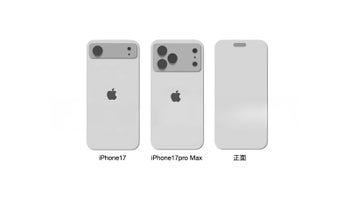
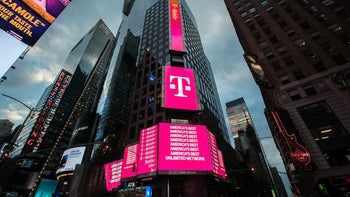
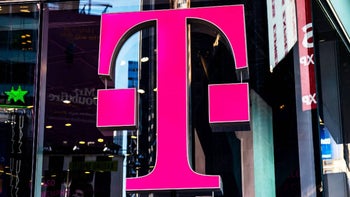
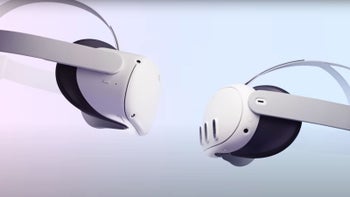
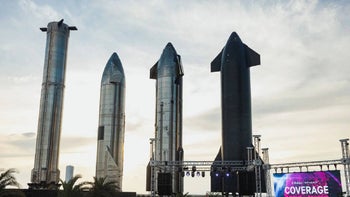
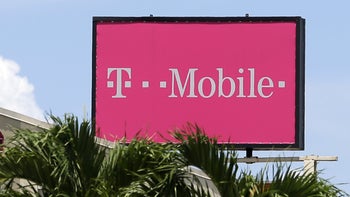



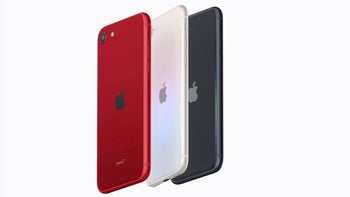

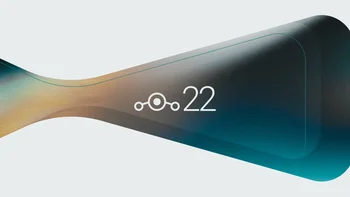
Things that are NOT allowed: